Trending Now
Saturday, Apr, 2024
Home / Eureka Science Prizes: Justin Yerbury Won Eureka Prize for Research Honour for Work on Motor Neurone Disease
Eureka Science Prizes: Justin Yerbury Won Eureka Prize for Research Honour for Work on Motor Neurone Disease
Professor Justin Yerbury, University of Wollongong, was awarded the University of New South Wales (UNSW) Eureka prize for scientific research for his work on motor neuron disease (MND). Yerbury, who has been living with MND since 2016, heard of the condition first time when his uncle was diagnosed.
 by Pragti Sharma /
by Pragti Sharma /  13 Sep 2022 16:16 PM IST /
13 Sep 2022 16:16 PM IST /  0 Comment(s) / 208
0 Comment(s) / 208
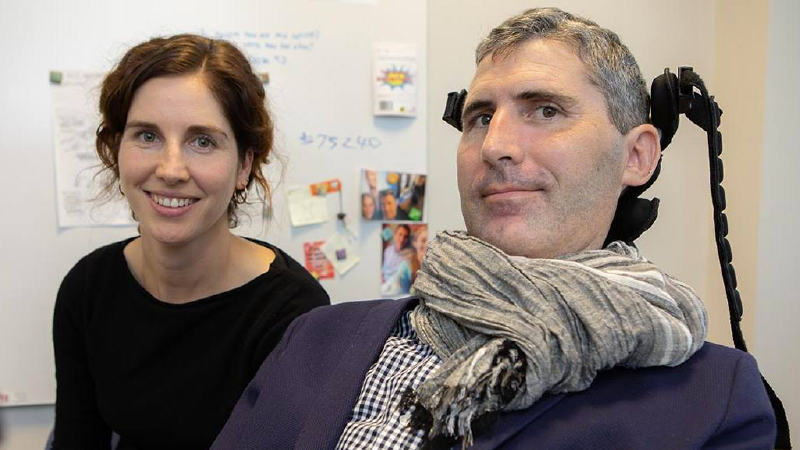
On Wednesday night, a motor neuron disease researcher living with the disease, a nanomaterials engineer, and a recycling pioneer were awarded Eureka prizes at the Australian Museum. Eureka prizes were established in 1990- meant to recognize the work of Australian scientists and science communicators.
Professor Justin Yerbury, University of Wollongong, was awarded the University of New South Wales (UNSW) Eureka prize for scientific research for his work on motor neuron disease (MND). Yerbury, who has been living with MND since 2016, heard of the condition first time when his uncle was diagnosed.
Yerbury stated that at the time, we had no idea what MND was, and we had no clue what was to come. In the next few years, we would lose cousins, aunts, my grandmother, and my mother. A need to understand the condition in-depth eventually led Yerbury to a career in MND research. He added I needed to know why there were no drugs that could slow down the disease. He further said that I struggled to understand because of not studied biology before. It was like reading another language, and I decided to register for some biology classes at the local university to advance my knowledge.
His laboratory’s work has widened the understanding of MND and described why motor neurons – the nerve cells that control muscles – die in the condition. He said that as a field, we must better understand the molecular reasons for MND to locate or design effective drugs.
Yerbury said he was truly humbled to be considered for a Eureka prize. He stated that the award is a reflection of the effort and support of many people, without whom my work would not be possible.
Professor Sumeet Walia, RMIT University, was awarded the Eureka prize for an emerging manager in science. His research into nanomaterials – at scales thousands of times smaller than the width of a human hair – has applications, including window coatings to boost heat efficiency and artificial vision technologies. Walia’s interest in science has been lifelong as he stated that as a child I was always curious. He added that whenever I used to get toys- instead of playing with those toys, I used to break them open. Sumeet Walia grew up in a small town in India and moved to Australia 16 years ago in order to pursue a career in engineering.
Walia said that science influenced everything that we do in our daily lives. We must ensure that science is well supported, evidence-based decisions are taken, and there is more equality and diversity in our scientific sector.
Materials scientist Professor Veena Sahajwalla, UNSW, was awarded the Celestino Eureka prize for promoting understanding of science. Sahajwalla is renowned as a recycling pioneer and the inventor of sustainable products and launched the world’s first e-waste micro-factory in 2018.
Sahajwalla said the exciting part of micro recycling is that technically nothing should go to the landfill. Copper and tin are utilized in the circuit boards of electronic devices. For example, it could be reused in new alloys, while rare-earth metals like cobalt should be recycled from the electrodes of lithium-ion batteries.
Professor Raina MacIntyre, UNSW, was awarded the department of defense Eureka prize- for leadership in science and innovation. MacIntyre, who lead the biosecurity research programme at the Kirby Institute, was recognized for her “significant leadership role in the international response to the Covid-19 pandemic” and her contributions to international public health policy.
Other recipients in 14 prize categories included scientists researching how diets impact the environment, how to enhance the treatment of sexually transmitted diseases, and how wildlife responds to management changes on farms.
News Source: The Guardian

EShort / February 16, 2024
IMS Noida Admissions 2024: Apply for UG, PG programmes

EShort / February 16, 2024
GATE 2024: Response sheet out

EShort / February 16, 2024
BSSTET 2023: Admit card released

EShort / February 16, 2024
NID DAT 2024: Prelims result released

EShort / February 16, 2024
IIT JAM 2024: Response sheet released

Jobs / February 16, 2024
UPSC Recruitment Drive 2024: Apply for 120 vacancies in various departments

EShort / February 14, 2024
UPSC CSE 2024: Official Notification issued; application process begins

Editor's Desk / April 17, 2020
How Does Society Impact Our Education?

Current Affairs / April 22, 2020
Mr. Sudarsanam Babu appointed to U.S. Science Board.

Reforms / April 17, 2020
Traditional Structure of Education In India
.jpg)
Events & Seminars / April 17, 2020
PISA!!
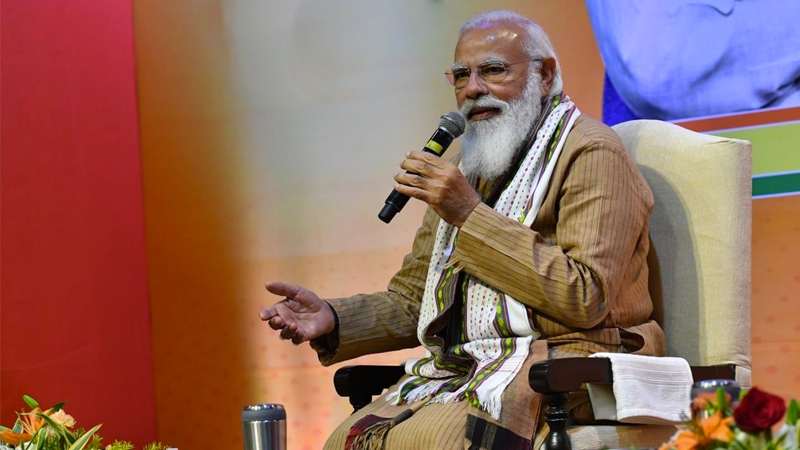
Blog / February 26, 2021
Government's Action On #ModiRojgaarDo

Notice Board on Important Dates / April 21, 2020
World Heritage Day

EShort / May 19, 2022
CUET PG 2025 has started the registration process.

EShort / June 11, 2022
KCET 2022 registration reopen today

EShort / December 14, 2021
UPSC Declared Final Result For DCIO Recruitment




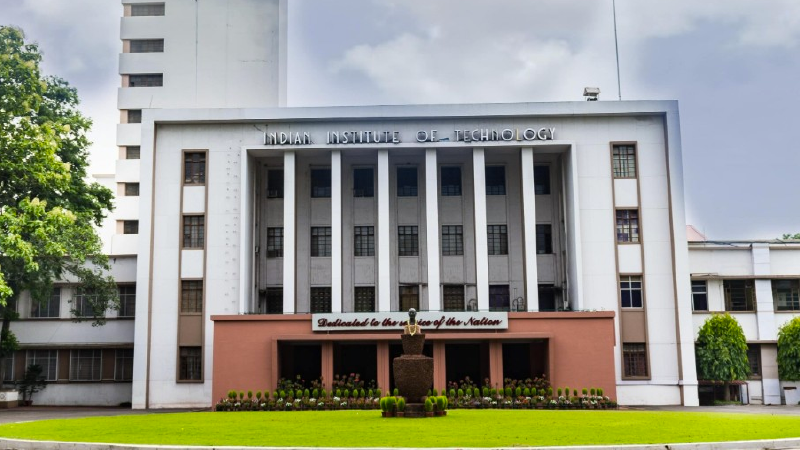
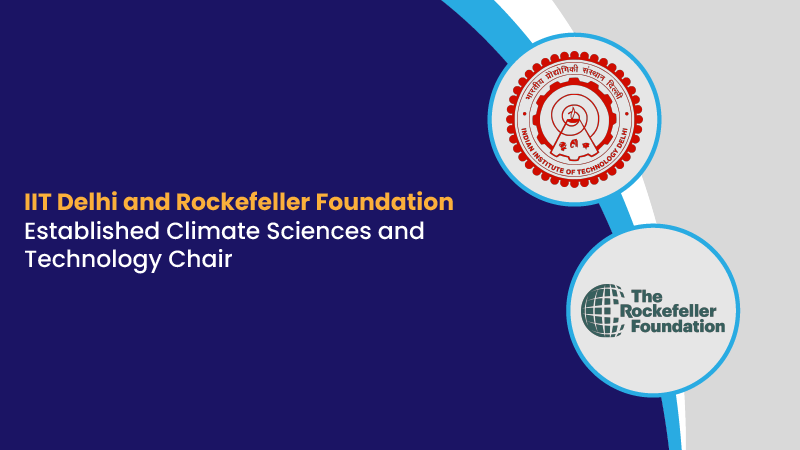
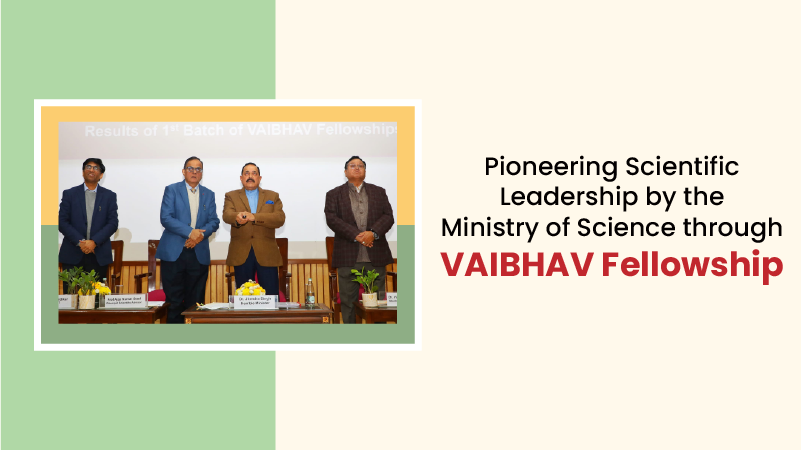




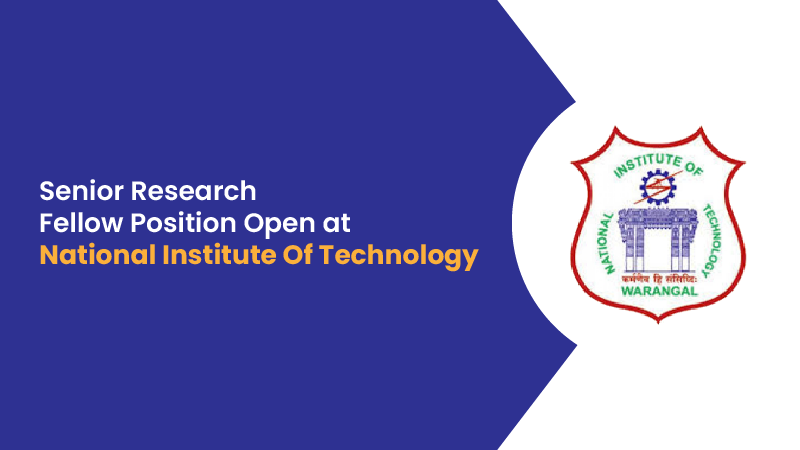

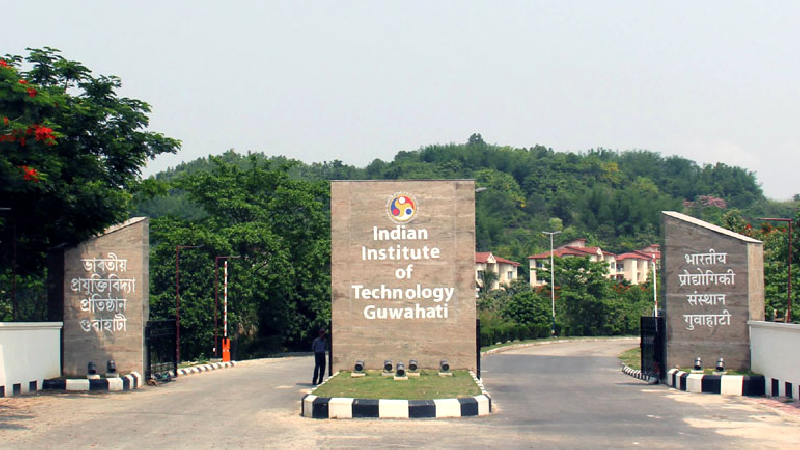





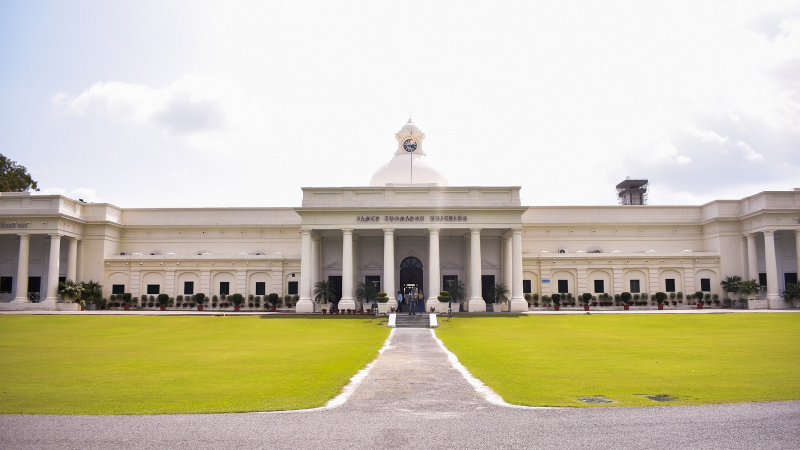
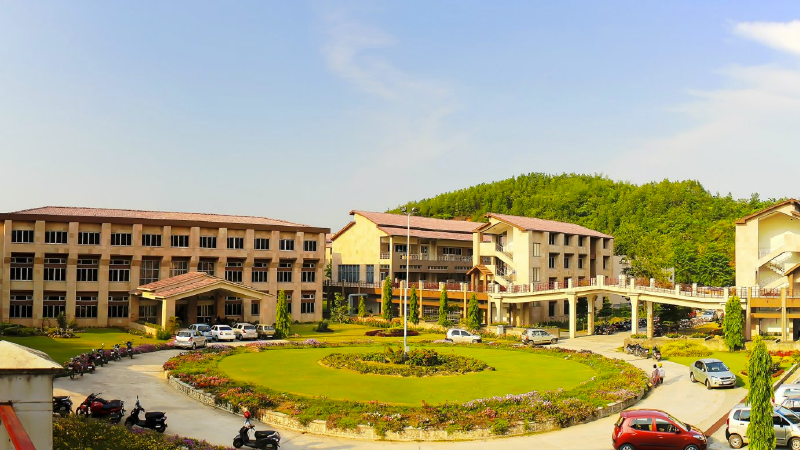
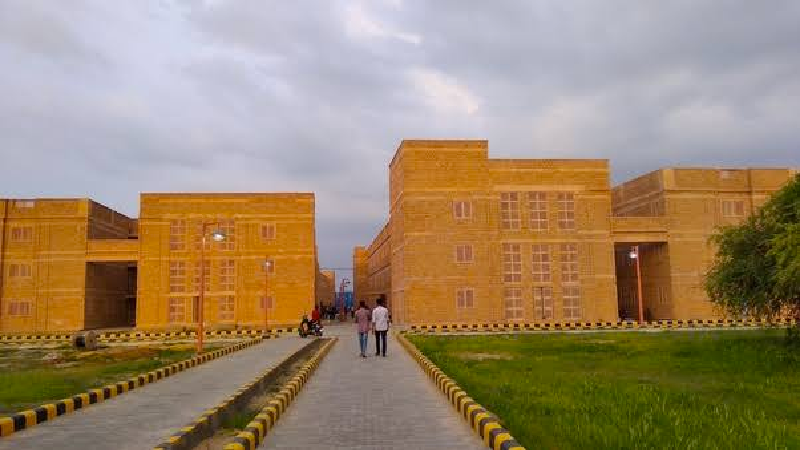

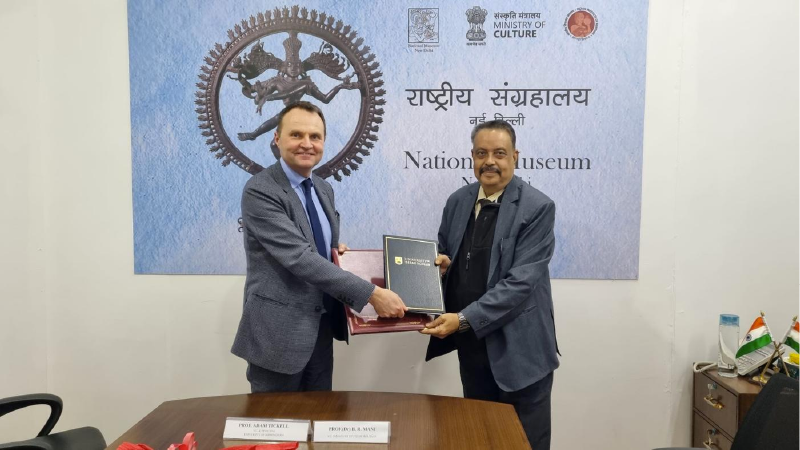
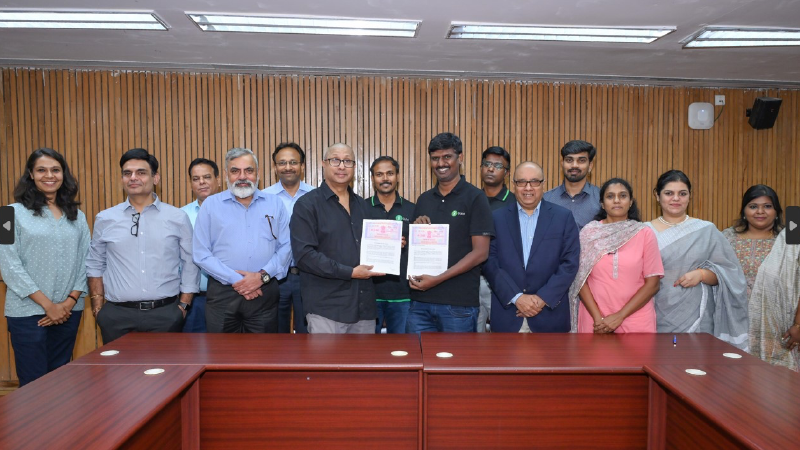
0 Comments
Post Comments